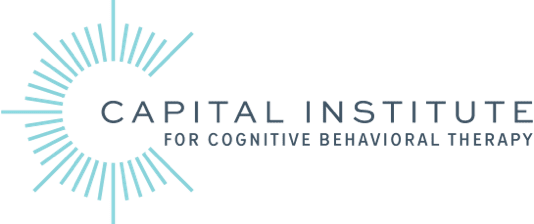The Impact of Social Media on Mental Health
As social beings, we crave interactions that promote positive self-esteem, comfort, and joy. Studies show that being socially connected can ease stress, anxiety, and depression, enhance self-worth, prevent loneliness, and even add years to your life. Conversely, a lack of social connection has been linked to feelings of isolation, decreased well-being, and negative consequences on both physical and mental health.
With social media platforms at our fingertips, connecting with loved ones is easier than ever. According to a 2021 study by the Pew Research Center, 69% of adults and 81% of teens in the U.S. use social media. Many rely on platforms like Facebook, Instagram, Snapchat, Twitter, and YouTube to share updates and events. While these platforms have benefits, they should not replace real-world human connection.
Understanding the Risks of Social Media Use
Social media has a reinforcing nature. Filters and editing tools allow us to create the “best looking version” of ourselves, making these platforms addictive with features such as “likes” and “comments” acting as reinforcing agents. This can activate the brain’s reward center by releasing dopamine, a “feel-good chemical” linked to pleasurable activities. However, this reliance on positive feedback can also lead to anxiety, depression, and physical complaints, as individuals depend on likes and comments to boost their self-esteem and confidence. When positive feedback is lacking, self-worth suffers.
Social media often distorts appearances and reality, posing a significant risk to self-perception, especially for teens. Filters can make it hard to distinguish between real and altered images, impacting both physical and emotional well-being. During puberty, teens are developing their identity at a time when their frontal lobes are not fully developed. They may rely heavily on how they perceive others to form their own self-view, leading to negative self-judgment, reduced confidence, and negative self-talk. Adults are not immune; a 2021 survey by the American Society of Plastic Surgeons found that nearly half of all patients reported social media influenced their decision to seek plastic surgery. In 2020, 72% of cosmetic surgeons reported seeing patients wanting to “look better in selfies.”
How to Use Social Media More Mindfully
While social media can help us stay connected, it’s crucial to use it mindfully. Limit your time on these apps. A 2018 study by the University of Pennsylvania assigned 143 undergraduates to two groups: one limited Facebook, Instagram, and Snapchat to ten minutes per platform per day, while the other used social media as usual for three weeks. The limited group showed significant reductions in loneliness, depression, and anxiety, highlighting the positive impact of reducing social media use on mental health and well-being. Whether we “like it” or not, excessive social media use can significantly impact how we feel about ourselves.
If your teen or young adult is struggling with mental health issues related to social media use, schedule a consultation with the Capital Institute of Cognitive Behavioral Therapy. The expert Child/Adolescent Team in our Bethesda, MD office is here to help. We also see older teens and young adults in our downtown DC location.
